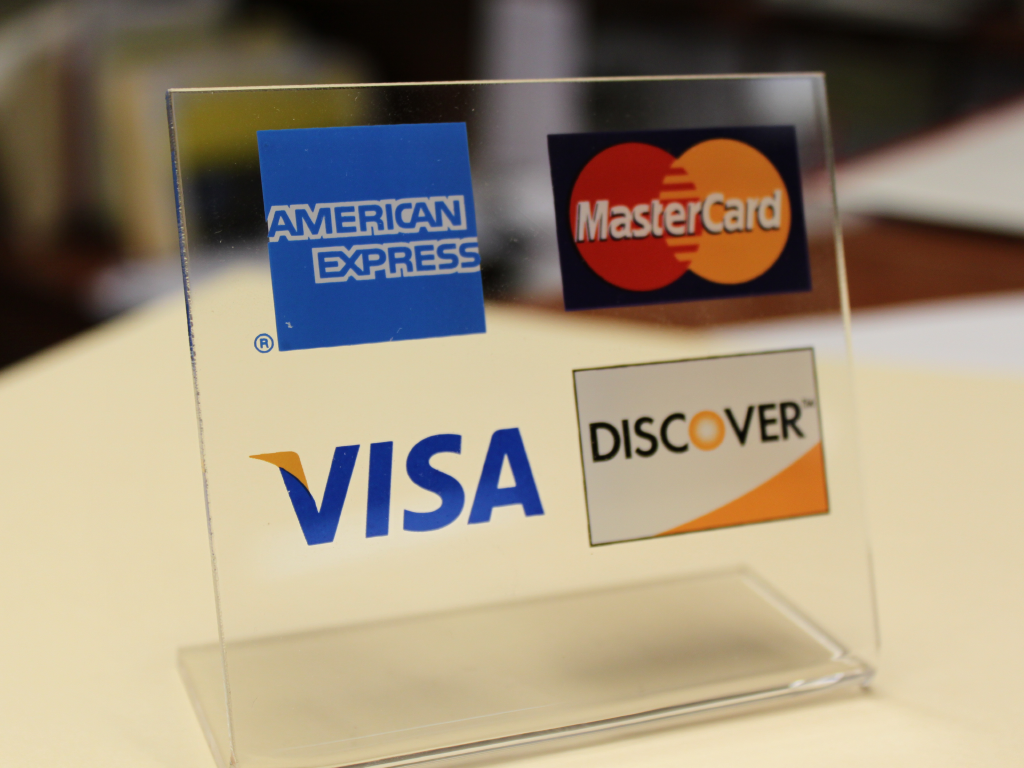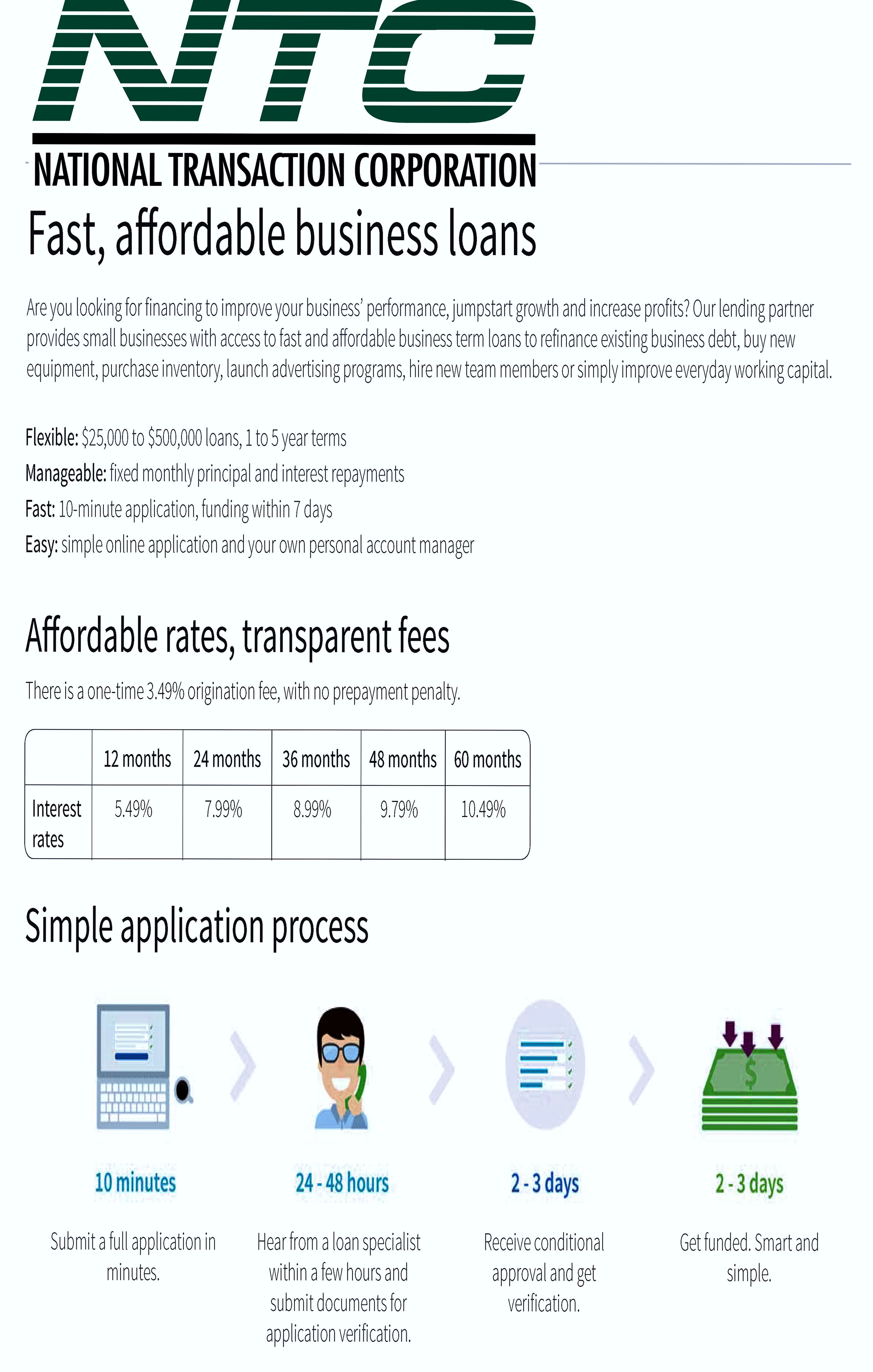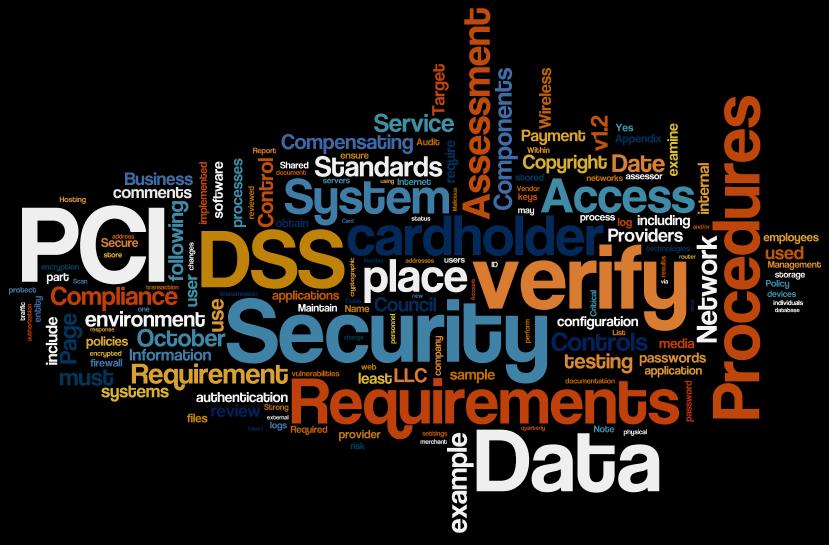Category: Best Practices for Merchants

August 2nd, 2016 by Elma Jane
Credit card machine or point of sale terminals are used for processing debit and credit card transactions and are often integrated into a Point of Sale System. Let’s take a look at the POS terminal evolution.
Manual Imprinters – although the process was time consuming and did not offer the speed or instant transfer capabilities, manual imprinters have been around since the start of a wide acceptance of credit cards. Manual imprinters are still widely used and are considered a great backup processing method.

Electronic Authorizations – Merchants had the choice of calling in for an authorization or imprinting their transactions. The first electronic credit card authorizations were done over the phone, but many businesses opted voice authorization only on larger transactions because of the long waiting time for authorizing a transaction over the phone,
Point of Sale Terminals: Point of sale terminals emerged in 1979, which was a turning point in the credit card processing industry. Visa introduced a bulky electronic data capturing terminal. This was the first of credit card machine or terminal as we know them today, it has greatly reduced the time required to process a credit card. MasterCharge became MasterCard in the same year and credit cards were replaced to include a magnetic information stripe which now has become EMV/chip and PIN.
The Future: There’s a lot of room for advancement when it comes to Credit card processing technology. Increasing processing speed, reliability and security are driving forces behind processing technology advancement. Today’s credit card terminals are faster and more reliable with convenient new capabilities including contactless and Mobile NFC acceptance. The processing industry will definitely be adapting new technologies in the near future and has a lot to look forward to.
Posted in Best Practices for Merchants, Credit Card Reader Terminal, EMV EuroPay MasterCard Visa, Near Field Communication Tagged with: credit card, credit card machine, debit, electronic credit card, Electronic Data, EMV/chip, merchants, mobile, nfc, PIN, point of sale, POS, processing industry, terminals, transactions, visa

August 1st, 2016 by Elma Jane
ASTA/NACTA Florida Summit & FAM Trip with Richard Delos Santos, NTC Specialist; and Robert Duglin, Vice President of Business Development at ASTA (American Society of Travel Agents) and NACTA: The National Association of Career Travel Agents
National Transaction the Payments Expert for Travel Agency! For more information give us a call at 888-996-2273.
Posted in Best Practices for Merchants, Travel Agency Agents Tagged with: payments, travel agency, travel agents

July 26th, 2016 by Elma Jane
Mobile payment space is growing yet, many small businesses and retailers are choosing to overlook the idea of mobile payment acceptance.
Here are stats that prove the importance of mobile payments:
About 45% of consumers use mobile payments out of convenience.
1 billion users will use in-store mobile payments by 2019.
An increase from $3.2 billion in 2014 to $487 billion by 2020 in US in-store mobile payments is predicted.
Millenials use contactless payments on a regular basis.
Over the next five years, mobile payments will reach about $3 trillion in volume.
There are 16 million Starbucks mobile app active users that make 8 million mobile payments per week.
Transactions globally are on mobile devices.
It is a great investment for a merchant to upgrade your point-of-sale (POS) to have near field communication (NFC) capabilities. If you’re not currently accepting mobile payments, you should start now, your customers who are already using mobile payments will thank you and your business will be ahead of the game as more businesses onboard mobile payment acceptance.
Posted in Best Practices for Merchants, Credit Card Reader Terminal, Credit Card Security, Mobile Payments, Near Field Communication, Point of Sale Tagged with: contactless payments, customers, merchant, mobile payment, Near Field Communication, nfc, point of sale, POS, transactions

July 21st, 2016 by Elma Jane
Always ask for the card security codes:
CVV2 for Visa
CVC2 for MasterCard
CID for Discover and American Express.
Always use the Address Verification Service (AVS) and only process sales after receiving a positive AVS response.
Avoid using voice authorizations, unless absolutely necessary.
Billing descriptor must set up properly and shows your phone number. Customer can contact you directly if there is an issue,
Consider using the associations’ 3-D secure services:
Verified By Visa
SecureCode by MasterCard
A 3-D transaction confirmation proves card ownership and protects you from certain types of chargeback. An additional layer of security for online credit and debit card transactions.
Inform your customers by email when a refund has been issued or a membership service cancelled. Notify them of the date the refund was processed and provide a reference number.
Make available customer support phone number and email address on your website so that customers can contact you directly. You need to meet this requirement before opening a merchant account.
Make it easy for your customers to discontinue a recurring plan, membership or subscription. Have a no-questions-asked policy.
Notify your customers by email of each transaction and indicate that their cards will be charged.
Obtain a confirmation of delivery for each shipment.
Process refunds as quickly as possible.
Secure an authorization approval for every transaction.
Secure customers’ written or electronic signatures, for recurring payments or monthly fees. Giving you express permission to charge their cards on a regular basis.
Terms and conditions must be clearly stated on your website. Customers must acknowledge acceptance by clicking on an Agree or a similar affirmative button.
Transaction amount must never exceed the authorized amount.
You are required to reauthorize the transaction before settling it if an authorization approval is more than seven days old.
Posted in Best Practices for Merchants, Credit card Processing, Credit Card Security, Merchant Services Account Tagged with: card, chargeback, credit, customer, debit, merchant, merchant account, online, sales, Security, service, transaction

July 19th, 2016 by Elma Jane
Here are some of the Common Business Loan Fees:
Application Fee – is a fee charged to cover the costs of processing and assessing your loan application.
Bank Wire Fee – When borrowing a loan, lenders commonly wire the money to your bank account via ACH, because the banks need to talk to each other and ensure the money is going to the right place and that no fraud is going on.
Check Processing Fee – ACH transfers are commonly used to collect periodic repayments from the debtor’s bank account. Some lenders offer the option of paying by check, but you’ll have to pay a fee for the extra cost involved.
Closing Cost – not to be confused with closing fees, encapsulate all the fees charged for processing a loan, including origination/closing fees, processing fees, referral fees, and/or packaging fees.
Draw Fee – similar to an origination fee, but is applicable instead for lines of credit.
Guarantee Fee – is charged on all SBA loans above $150K. Guarantee fee is charged to protect against credit-related losses in the mortgage portfolio.
Late Payment Fee – Missing a payment deadline can result in a late fee. A late payment may have an affect on your personal or business credit score.
Origination Fee – an up-front fee charged for processing a new loan application. Prepayment
Penalty – Is a borrower, a bank or mortgage lender agreement that regulates what the borrower is allowed to pay off and when.
Servicing and Maintenance Cost – fees charged to cover the costs associated with collecting payments, maintaining records, following up on delinquencies and any other costs associated with maintaining a term loan or line of credit.
Business loans are available in different types, from merchant cash advances to lines of credit. The most effective way to get the best deal on a business loan is to be educated and know that Fees are Negotiable.
Posted in Best Practices for Merchants, Financial Services Tagged with: ach, bank account, check, credit, fee, fraud, loan, payment

July 14th, 2016 by Elma Jane
PCI Compliance applies to every merchant who is accepting credit cards large or small. Refusing or delaying to become PCI Compliant can end up being a costly mistake.
If you accept any credit or debit card payment, you need to be PCI Compliant no matter the volume is.
PCI applies to any company, organization or merchant of any size or transaction volume that accepts, stores or transmits cardholder data. Any merchant accepting payments directly from the customer via credit or debit card must be PCI Compliant.
The merchant themselves are responsible for becoming PCI Compliant, as the deadline for merchants to become Compliant is long overdue
Understanding and knowing the details of PCI Compliance can help you better prepare your business. Failing and waiting to become compliant or ignoring them, could end up being an expensive mistake.
The VISA regulations have to adhere to the PCI standard forms part of the operating regulations, the regulations signed when you open an account at the bank. The rules under which merchants are allowed to operate merchant accounts.
Posted in Best Practices for Merchants, Travel Agency Agents Tagged with: cardholder, credit cards, customer, data, debit card, merchant, payment, PCI Compliance, transaction

July 13th, 2016 by Elma Jane
Monthly statement fee is a fixed fee that is charged monthly and is associated with the statement that is sent to a merchant in one billing cycle, approximately 30 days worth of credit card processing by the merchant account provider; whether it’s a printed one, a mailed statement or an electronic version. Requesting online statements won’t necessarily be able to waive statement fee.
Every credit card and merchant account provider have a different set of costs associated with its services, but remember that there are several processors out there that are very transparent with their fees like National Transaction.
Posted in Best Practices for Merchants, Travel Agency Agents Tagged with: credit card, fee, merchant, merchant account, processors, provider, services

July 12th, 2016 by Elma Jane
Interchange is where transactions are submitted for payment from the Acquirer or Merchant Processor to the Card Issuer or Debit Network. It also represents the fees paid by the merchant acquirer to the Card Issuer.
At the time the transaction is exchanged fees are paid and vary based on processing method utilized. It is more expensive to process a hand-keyed transaction than a card-swiped transaction.
Several rates may apply to your transactions, depending on your method of processing each transaction and the interchange qualification that is assigned to each transaction by the Card associations for processing transactions.
Rate qualification criteria: The card associations consider the card product used in the transaction, how the transaction data is entered, the time of settlement versus time of authorization.
Interchange Category Based on Card Type: Credit, Debit, and Rewards purchasing.
Industry Type: Retail or E-commerce.
Qualification Elements: Swiped card or Key entered.
When you settle your transactions each day, Acquirer or Merchant Processor like NTC routes them to the Card Associations (Visa, MasterCard, Discover) and debit networks through Interchange.
Visa, MasterCard, Discover (Card Associations and Debit Networks) establish the rules and manage the Interchange of all transactions.
Posted in Best Practices for Merchants Tagged with: card, card-swiped, credit, debit, e-commerce, merchant, payment, processor, transactions

July 11th, 2016 by Elma Jane
Facebook announcement of News Feed algorithm shift will affect how businesses use this platform. Content posted by brands and publishers will show up less prominent in News Feeds.
This Facebook update may cause reach and referral traffic to decline for many Pages who’s traffic comes directly through Page posts. To limit the impact of this change Boost Engagement is the key, individual users commenting, liking and sharing on business posts will help circumnavigate the new algorithm. Diversify your referral traffic sources. Look for alternative social media platforms, pay per click ads or blogs to make up for the loss in referrals and increase your reach.
To limit the impact of this change, Boost Engagement is the key. Individual users commenting, liking and sharing on business posts will help circumnavigate the new algorithm. Diversify your referral traffic sources. Look for alternative social media platforms, pay per click ads or blogs to make up for the loss in referrals and increase your reach.
Diversify your referral traffic sources. Look for alternative social media platforms, pay per click ads or blogs to make up for the loss in referrals and increase your reach.
While this change will have an impact on big businesses that rely on Facebook for their referral traffic and content sharing, small businesses will still feel the change. By boosting your engagement and diversifying your referral traffic sources, you can lessen the impact to your business.
Posted in Best Practices for Merchants Tagged with: business, pay, platform, referral, social media, traffic

July 5th, 2016 by Elma Jane
With the ever growing number of financial crimes occurring within the payments industry, initiatives to identify patterns of possible suspicious behavior has been enhanced. The Loss Prevention team recently put into place a new procedure for collecting information pertaining to the Anti-Money Laundering requirements of “Customer Due Diligence” (CDD) and “Customer Identification Program” (CIP).
If a merchant reaches their Processing Limit (Soft Cap), or they request a change to their MCC/SIC, Loss Prevention is required to obtain and validate CDD and CIP information prior to making updates to the account. Loss Prevention representatives will reach out to the customer’s Merchant Service provider (MSP) office first, in an effort to effectively obtain the information without causing potential alarm to the customer.
Thank you for being a partner with NTC, and helping to prevent financial crimes in our industry.
Posted in Best Practices for Merchants Tagged with: customer, financial, merchant, payments, payments industry, service provider










